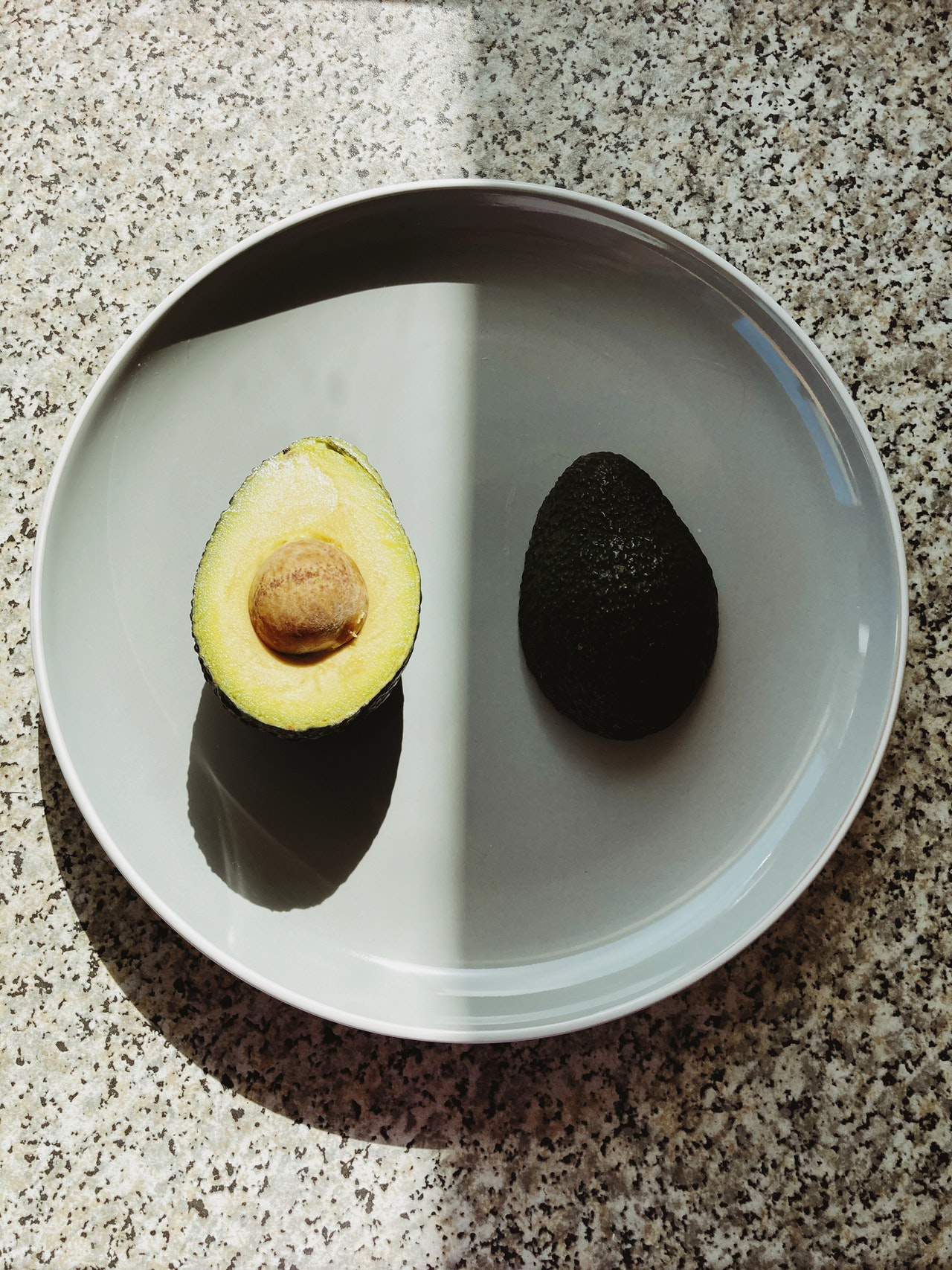Enjoy free shipping on orders over $50
Enjoy free shipping on orders over $50

The diet regimen of intermittent fasting (IF) has become well-loved by many due to its benefits on weight loss and overall wellness. This simple eating plan alternates between fasting and eating on a regular schedule to optimize the advantages of limiting calorie intake for several hours at a time. Although this diet has only recently become popularized, fasting for health benefits is an ancient practice. It is a prominent tradition in many religions and was a common reality back in prehistoric times when food was not always readily available. Today, many choose to follow IF as it encourages us to consume fewer calories and be more active. By prolonging the time between meals, it enables our bodies to quickly burn through the calories from the last meal and start using our fat storage as energy (ketosis) – thus burning more fat than we could with a typical diet.
Contrary to other diets, IF is an easy routine to follow that only limits when you eat instead of what you eat. There are countless number of ways you can approach an IF diet, but most commonly you’ll hear about time-restricted eating, the 5:2 method, and alternate-day fasting.
Time-restricted eating allows you to set up consistent time-frames of when you plan on fasting and eating during a 24-hour period – often times people will choose to fast for 16 hours and eat during the remaining 8. This method takes advantage of the fact that we fast while we sleep, meaning that breakfast is skipped and you’re able to eat between 12 PM to 8 PM, for example. Other methods consist of limiting your caloric intake to 500 calories a day (considered a “fasting day” for 2 days a week and eating normally the other 5 (5:2 method), or switching between fasting and eating normally every other day (alternate day fasting).
There is no one-size-fits-all method of IF, and finding the perfect balance between fasting and eating for your lifestyle and body type will take a few rounds of trial and error.
As CBD interacts with our endocannabinoid system (ECS), it can be a very supportive supplement to take while doing IF. The ECS acts as a complex cell-signaling system, playing a big role in regulating our biological functions like sleep, appetite, mood, etc. Taking CBD while following IF has been said to help curb feelings of hunger and cravings in order to endure the harder aspects of the fasting phases. Since CBD helps rebalance mood and physical wellness, it subsequently is said to aid in stabilizing your appetite and comfort during IF and can result in more positive results for the diet. Taking CBD while practicing IF can help maximize the benefits of both, as CBD helps to lessen the discomfort of fasting, and IF aims to improve overall health and metabolism within the body to efficiently uptake CBD.
In short, no. The general rule of thumb indicates that consuming anything under 40-50 calories will keep your body in a fasted state and keeps mechanisms like ketosis remain active. Therefore, calorie sources like black coffee, green tea, or even CBD in an MCT carrier oil are all acceptable to eat in small amounts during your fasting phase and may even help endure your IF diet better for improving metabolic health and weight loss. It is also important to keep in mind that CBD comes in many forms, such as gummies or
edibles that contain high levels of calories and should be avoided during fasting. To ensure that you do not break your fast, double check that your CBD oil does not have any added sugars or calories other than from the CBD and carrier oil. The best way to take your CBD during a fast is under the tongue (sublingually), to quickly deliver the CBD to the bloodstream rather than the digestive system. However, you should also note that if you’re looking to commit to a stricter IF routine for gut rest and autophagy purposes, it is recommended to avoid calories completely during your fast.
Although more research must be done to determine the exact mechanisms of how CBD benefits IF, CBD still offers you to practice this diet with more ease. As with any new lifestyle change, IF requires lots of time and patience to adjust to – which is where CBD comes into play to facilitate this wellness journey.
At Plant of Life, we recognize that everyone’s wellness journeys are different. To simplify the process, we want to provide you with a wide array of options to find what works best for you and your daily needs. Give our CBD Oil a try – you might just find your new non-negotiable wellness tool for balance, relief, and clarity!
